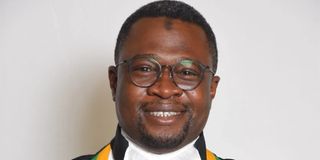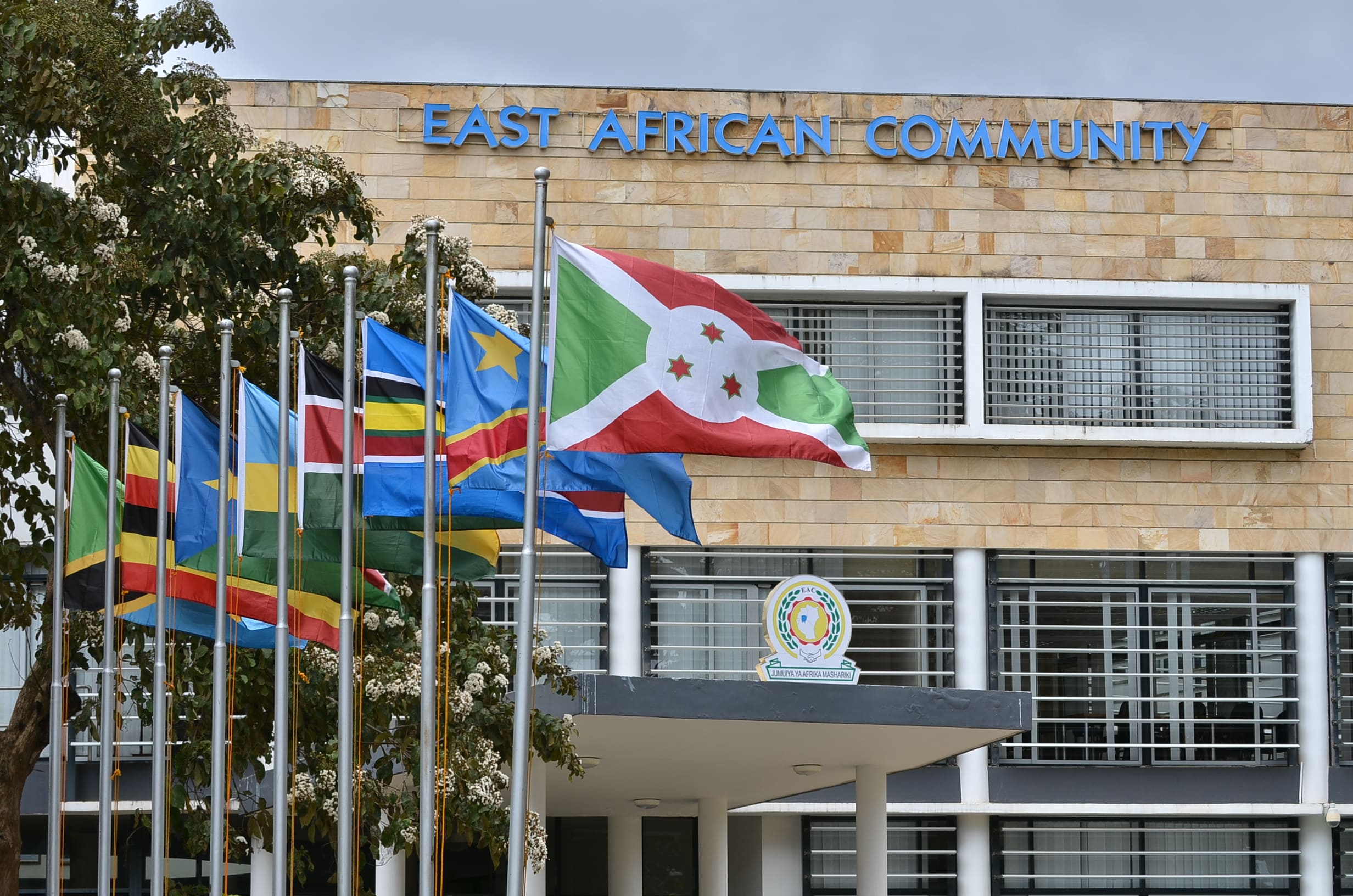Prime
Malian judge succeeds Tanzanian counterpart as new President of African Human Rights Court

Justice Modibo Sacko of Mali is the new president of the African Court on Human and Peoples' Rights. PHOTO | COURTESY
What you need to know:
- The AfCHPR, which was established in 2006, is a continental court established by African countries to ensure protection of human and peoples’ rights in the continent.
Arusha. Justice Modibo Sacko of the Republic of Mali has been elected as the new President of the African Court on Human and Peoples’ Rights (AfCHPR), taking over from outgoing Tanzanian judge, Lady Justice Imani Daud Aboud, whose term has officially come to an end.
The announcement was made on Monday, June 2, during the 77th Ordinary Session of the Court held in Arusha, Tanzania, where all 11 judges cast secret ballots to select the new leadership of the continent’s principal human rights judicial body.
Justice Sacko had been serving as Vice President of the Court since 2023, working under the stewardship of Justice Aboud, who held the presidency for two consecutive terms over a four-year period. She is widely credited for strengthening the Court’s profile and advancing its mandate across Africa.
Algerian judge, Lady Justice Bensaoula Chafika, was elected as the new Vice President of the Court, succeeding Justice Sacko in that role.
In her farewell remarks, Justice Aboud expressed pride in her tenure and outlined several milestones achieved during her leadership. Among them, she highlighted the establishment of an annual day dedicated to celebrating the work of the Court.
However, she also pointed to persistent challenges facing the institution.
“One of the main challenges remains the commitment of African states to fully implement the founding resolutions of this important institution, especially the enforcement of its judgments,” said Justice Aboud.
She urged African governments to demonstrate tangible political will in honouring the Court’s decisions, warning that failure to do so could undermine the very foundation upon which the Court was established.
In his acceptance speech, Justice Sacko acknowledged the weight of responsibility that now lies ahead, particularly in an environment where human rights violations remain widespread across the continent.
“I will work closely with national leaders and justice authorities to address these violations and elevate the Court’s relevance in protecting human and peoples’ rights,” he said.
The African Court on Human and Peoples’ Rights, based in Arusha, was established by African Union member states to ensure the protection of human and peoples’ rights across the continent. While the Court has made strides in issuing landmark rulings, its decisions are often met with slow or limited implementation by some member states.




